The Honor of Being Alive and Part of Creation
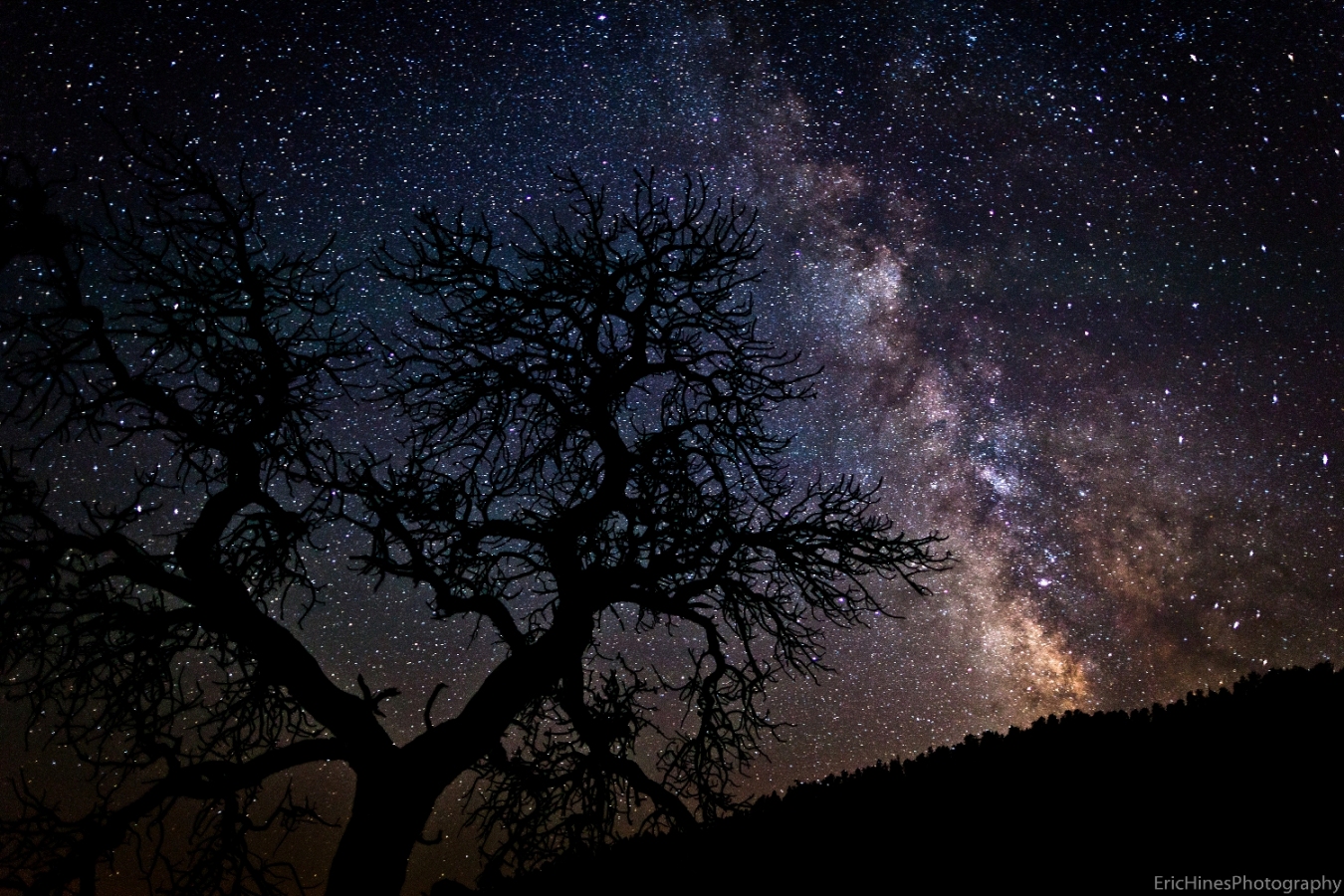 Holmes and Watson go on a camping trip. After dinner and a bottle of wine, they lie down for the night and go to sleep. Some hours later, Holmes wakes up and nudges his faithful friend. “Watson, look up at the sky and tell me what you see.”
Holmes and Watson go on a camping trip. After dinner and a bottle of wine, they lie down for the night and go to sleep. Some hours later, Holmes wakes up and nudges his faithful friend. “Watson, look up at the sky and tell me what you see.”
Watson replies, “I see millions of stars.”
Holmes: “What does that tell you?”
Watson ponders this for a moment and then responds, “Astronomically, it tells me that there are millions of galaxies and potentially billions of planets. Astrologically, I observe that Saturn is in Leo. Horologically, I deduce that the time is approximately a quarter past three. Theologically, I can see that God is all-powerful and that we are small and insignificant. Meteorologically, I suspect we will have a beautiful day tomorrow. What does it tell you, Holmes?”
Holmes is silent for a minute, and then speaks. “Watson, you idiot. Someone has stolen our tent!”
How unlikely an honor it is that we have been created at all, that we are living life, and that we are living it as a next chapter in the continuing story of the Big Bang.
While, from time to time, it becomes necessary to focus on minute details of our individual stories in order to survive, it is our connection to the meta-story of life that I’ll be writing about – how big we are, even as an infinitesimally small piece of the universe.
Just the other day, someone asked me not to jinx them by saying so-and-so. I looked at them incredulously, which a rabbi really ought not do, but I was stunned to witness firsthand that superstition is alive and well in the 21st century.
A study that was published in the Journal of Experimental Psychology found that when college students were asked to say out loud that they would definitely not get into a car accident this winter, follow-up questioning ascertained that they definitely thought it more likely that they would. When subsequently asked to “knock on wood” on a table in front of them, the effects of the jinx were believed to have been reversed; these students were no more likely to think they would get into an accident than those who hadn’t jinxed themselves in the first place.
We humans, no matter how well-educated we are, are very reluctant to let go of our primordial fears. Not only do we hang onto to age-old superstitious beliefs – black cats crossing our path, walking beneath a ladder – we’re creating new ones all the time: sports players who pitch or bat well at a game, then try to maintain their success by wearing or doing some repeated act for each subsequent game; candy consumers who avoid certain M&M colors believing they might cause illness or the risk of terrorist attack. There is no end to our beliefs in supernatural forces acting on our natural world.
Perhaps the best-known act of superstition is prayer. The ancient Israelites believed that Rosh Hashanah and Yom Kippur were necessary preliminaries leading up to the most important prayer-day of their year: Sukkot, during which they prayed to God for rain. In a few weeks, we’ll gather in our tent and, while praying for no rain during the High Holy Days, many of us will ask God to forgive us for our sins from the previous year. Along the way, we may ask for a few boons as well: healing for a loved one, a raise at work, maybe even a curse or two for our annoying neighbors.
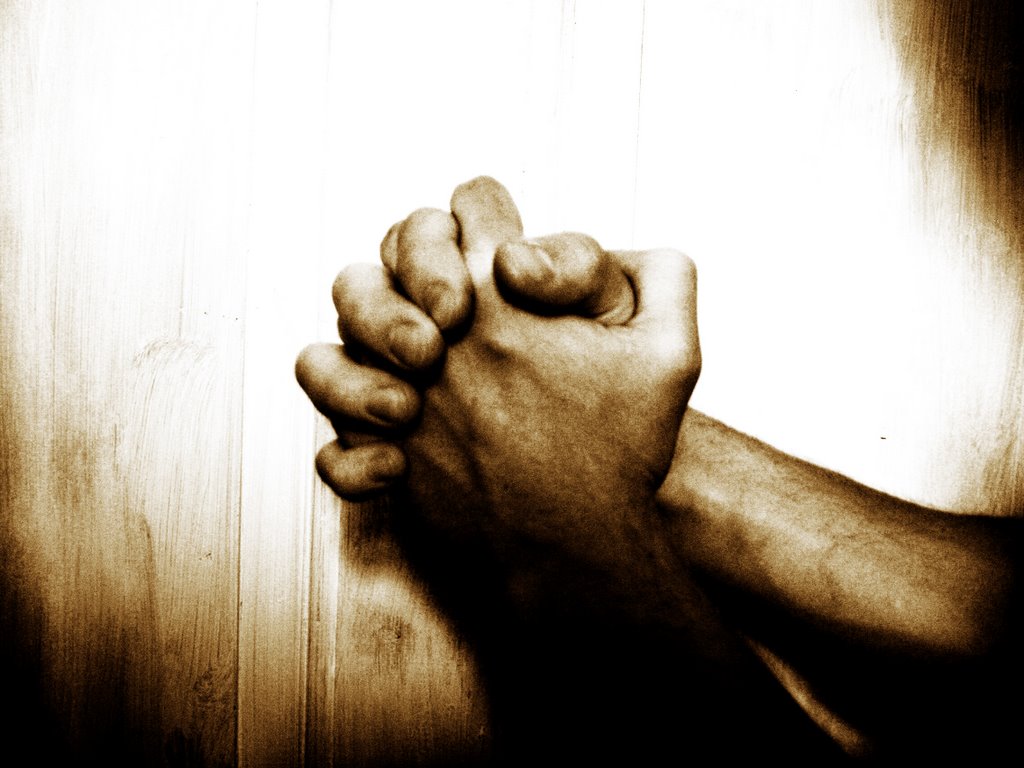 Not infrequently I’m informed that someone no longer believes in prayer because God never seems to be listening; that is, God doesn’t grant the requested favor. But that’s not the main purpose of prayer – not in the Jewish tradition, not in any religious tradition.
Not infrequently I’m informed that someone no longer believes in prayer because God never seems to be listening; that is, God doesn’t grant the requested favor. But that’s not the main purpose of prayer – not in the Jewish tradition, not in any religious tradition.
Do you know the story about the man who is sitting at his wife’s bedside at an out-of-town hospital they have unfortunately had to come to while traveling? A local rabbi invites the man to attend his synagogue while he’s in town, to which the man responds, “Rabbi, if I have anything to ask of God, I can do that right here.”
Certainly when our loved ones are not well, we pray for their recovery. And we would welcome God’s altering the course of nature, if necessary, to grant our loved one a miracle. But traditional prayer is neither about our asks nor the granting of miracles. Prayer is about acknowledging the magnificence of life and expressing thanks that we’re part of it. Rather than bending God’s will to our own (a fairly presumptuous thing to do), prayer encourages us to align our desires with God’s. The end of the hospital story is the rabbi saying to the man, “Well, perhaps God has something to ask of you.” The universe is huge, infinite. Prayer expresses our gratitude and our awe at how lucky we are to be part of it. Especially in light of the improbability of life existing on earth in the first place.
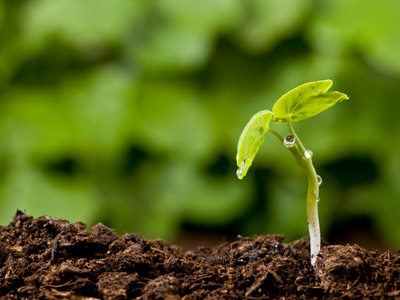 In the earliest chapters of earth’s history, there was no oxygen in our atmosphere. The sun’s rays did create a bit of oxygen by splitting it off from carbon dioxide and other molecules, but the oxygen molecules quickly disappeared when they formed bonds with others, transforming into compounds like rust and hydrogen peroxide. It wasn’t until some three billion years ago, when microbes evolved the ability to perform photosynthesis, that oxygen became abundant, and you and I became possible.
In the earliest chapters of earth’s history, there was no oxygen in our atmosphere. The sun’s rays did create a bit of oxygen by splitting it off from carbon dioxide and other molecules, but the oxygen molecules quickly disappeared when they formed bonds with others, transforming into compounds like rust and hydrogen peroxide. It wasn’t until some three billion years ago, when microbes evolved the ability to perform photosynthesis, that oxygen became abundant, and you and I became possible.
Prayer is the human response to that unlikely event and the subsequent evolution that has brought you, me and everything we love into existence.
This past Monday, I stood at the graveside of a congregant’s grandmother as we laid to rest the sacred vessel in which she had lived her life. Before we left the cemetery, we joined together in reciting Kaddish. As always, I shared with those gathered that their isn’t a single word in the Kaddish prayer about death. Kaddish is a grand poem in which we proclaim two truths: the first, that life is an extraordinary gift to each of us; and the second, that the appropriate response to that gift is thanks. With Kaddish, we thank God for a universe in which life is possible, and how grateful we are for having shared in the life of this person whom we have loved and whom we now return to the infinite ocean of life from which we all emerged.
On Rosh Hashanah morning, shortly after we’ve first opened the pages of our new High Holy Days makhzor, Mishkan HaNefesh, we will read these words:
“My Lord is not a shepherd and I am not His sheep. No monarch greedy for my praise is worthy of my prayers. Oneness that exploded into cosmos, spun the double helix over eons of evolution, made all things beautiful in their time, gave me intellect and initiative to envision Oneness: a single chain of life, a single human family, and myself one part — responsible and responsive, member of a people who dreamed of Oneness, worked and suffered for its sake, and still lives in service to that Unity: This I honor. This I hold sacred.”
Now that’s prayer. In a world whose mechanics we increasingly understand, the awesomeness of the Force responsible for its existence only grows more impressive. While I am quite sure you and I will continue to knock on wood when someone we love is in peril, let us try and remember how great the universe is, and to never withhold our profound thankfulness for having the magnificent honor of becoming one tiny share of that infinite magnificence.
As we continue our Elul preparation for the upcoming Days of Awe, let us remember that while we are but dust and ashes, we are also but a little lower than angels.
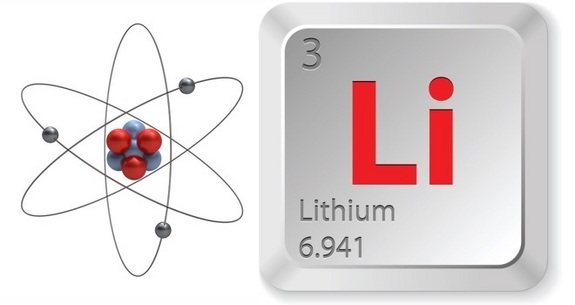 Radiolab is a nationally syndicated radio program produced by WNYC that focuses on topics of scientific and philosophical nature. In the episode, “Elements,” they focused on a young woman diagnosed as having bipolar disorder and whose successful treatment involved the administration of three tablets of a salt called lithium. Besides how effective lithium is in treating the young woman’s condition, the program explores the fundamental, essential character of the drug; lithium is an element, an atom, not a complex drug – it appears on the Periodic Table of Elements and has been around since the Big Bang.
Radiolab is a nationally syndicated radio program produced by WNYC that focuses on topics of scientific and philosophical nature. In the episode, “Elements,” they focused on a young woman diagnosed as having bipolar disorder and whose successful treatment involved the administration of three tablets of a salt called lithium. Besides how effective lithium is in treating the young woman’s condition, the program explores the fundamental, essential character of the drug; lithium is an element, an atom, not a complex drug – it appears on the Periodic Table of Elements and has been around since the Big Bang.
Ben Lilly, who writes about psychiatric drugs, found this to be a “profound reminder that the forces that shape everything in the universe are the same as the forces that are shaping who we are.”
Eloheinu v’Elohei avoteinu v’imoteinu … dear God and God of our ancestors …
How did we manage to wind up on the invitation list to this cosmic gathering? Why have You included us as part of the continuing story of the Big Bang and Creation? We may never know. But thank You – for whatever it was You did to get us in the door.
May we live our lives in such a way as to be worthy of being part of it all.
Billy
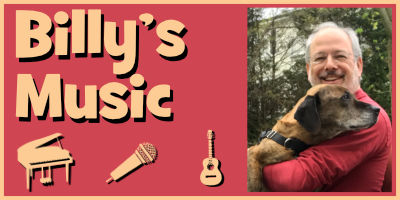
Margo W.
Thanks, beautiful, amen. לשנה טווה